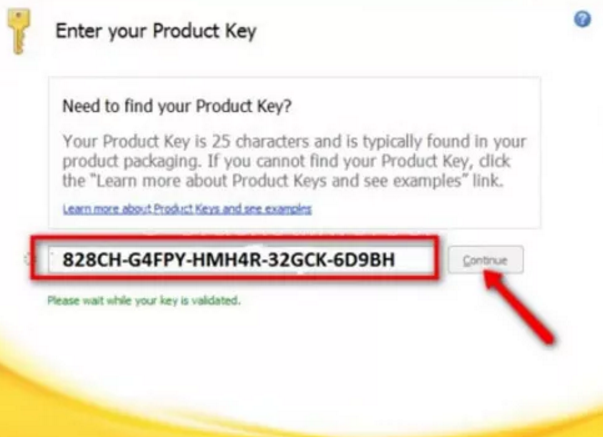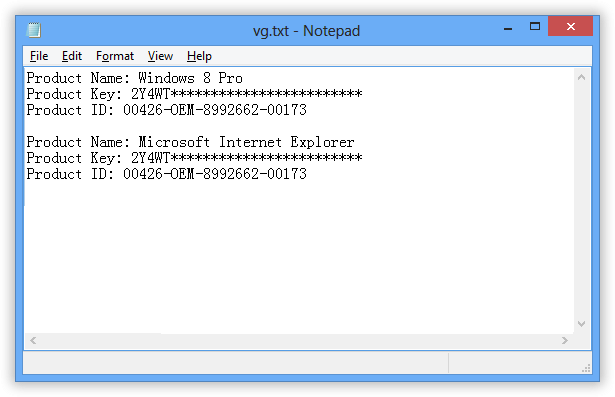

Search engines factor in the number of links that point to your site when they are ranking your site in their engines. That link is seen by search engines as an endorsement. In the world of SEO, getting another website to link to your site is a great achievement. If you engage in link building, then checking your backlinks to see if they are nofollowed is a must.īut before I go further, I have to talk a little about what “ link juice” is. On your home page, this might be your value proposition.

Use your H1s for what they’re meant for: the biggest heading on the page. If you over-optimize your site, it will harm you in the long run. In other words, don’t try to purposely boost your SEO by including multiple H1s. You don’t want more than one set of H1 tags appearing on any given webpage. This 160 character snippet is a free advertising copy that gets displayed underneath your title content in the search engines. Meta Descriptions in Source CodeĪnother important part of your webpage’s head section is the meta description tag. It’s not the actual blog posts or primary pages of my website. While the title is the same on 26 pages, it’s nothing more than the pages of my blog that house the content. Upon clicking on the 26 pages prompt, you see: You may also find that it’s no big deal, such as the 26 pages in my report with the title “Blog Neil Patel’s Digital Marketing Blog.” You may find a major issue, such as several of your blog posts sharing the same title tag. Step #4: Click on “Pages with Duplicate Tags” If you see duplicates, such as the 30 pages for my website, dig deeper. If nothing is showing here, you’re in the clear. This is where you’ll find if you have duplicate title tags or meta descriptions. Step #2: Click “Site Audit” in the Left SidebarĪfter landing on the site audit overview, scroll down to the fourth section of results (it’s the last one on the page) to review Top SEO Issues. Step #1: Open Ubersuggest, Input Your URL, and Click Search However, if you have a larger website, you’ll want some help. If you have a small website, such as 10 or 20 pages, it’s easy enough to review each title tag for uniqueness. There’s one last thing to remember: every webpage on your website should have a unique title tag. To learn more about how keywords and title tags are important in your overall site architecture, check out this post. If you want a certain webpage to rank for a particular subject matter, you’d better make sure words that describe the subject matter are in the title tag. Not only are title tags required in order to be included in Google search results, but Google identifies the important keywords in your title that they think are relevant to users’ searches. You can see that the content inside the title tag matches what is used in the headline of that first Google result. The title tag is usually near the top of your source code in the section. The title tag is designated by the opening tag. Commands like CTRL + F (for Find) will help you quickly scan your source code for important SEO elements. Usually, the same search functions you use for normal web browsing apply to searching in your source code. Once you know how to view the source code, you need to know how to search for things in it. Chrome: Navigate to “View,” click on “Developer,” and then “View Source.” You also can right-click and select “View Page Source.” The keyboard shortcut is Option+Command+U.Firefox: You can right-click and select “Page Source” or you can navigate to your “Tools” menu, select “Web Developer,” and click on “Page Source.” The keyboard shortcut is Command + U.You also can right-click on the webpage and select “Show Page Source.” Safari: The keyboard shortcut is Option+Command+U.You also can right click on the webpage and select “View Page Source.”

Then click on “Tools” and select “View Source.”

Or you can click on the weird-looking key with three horizontal lines in the upper right hand corner. While holding down the CTRL key, press the “u” key.) Alternatively, you can go to the “Firefox” menu and then click on “Web Developer,” and then “Page Source.”


 0 kommentar(er)
0 kommentar(er)
